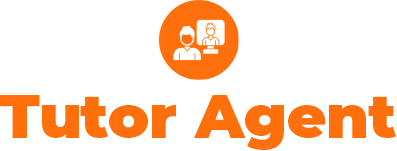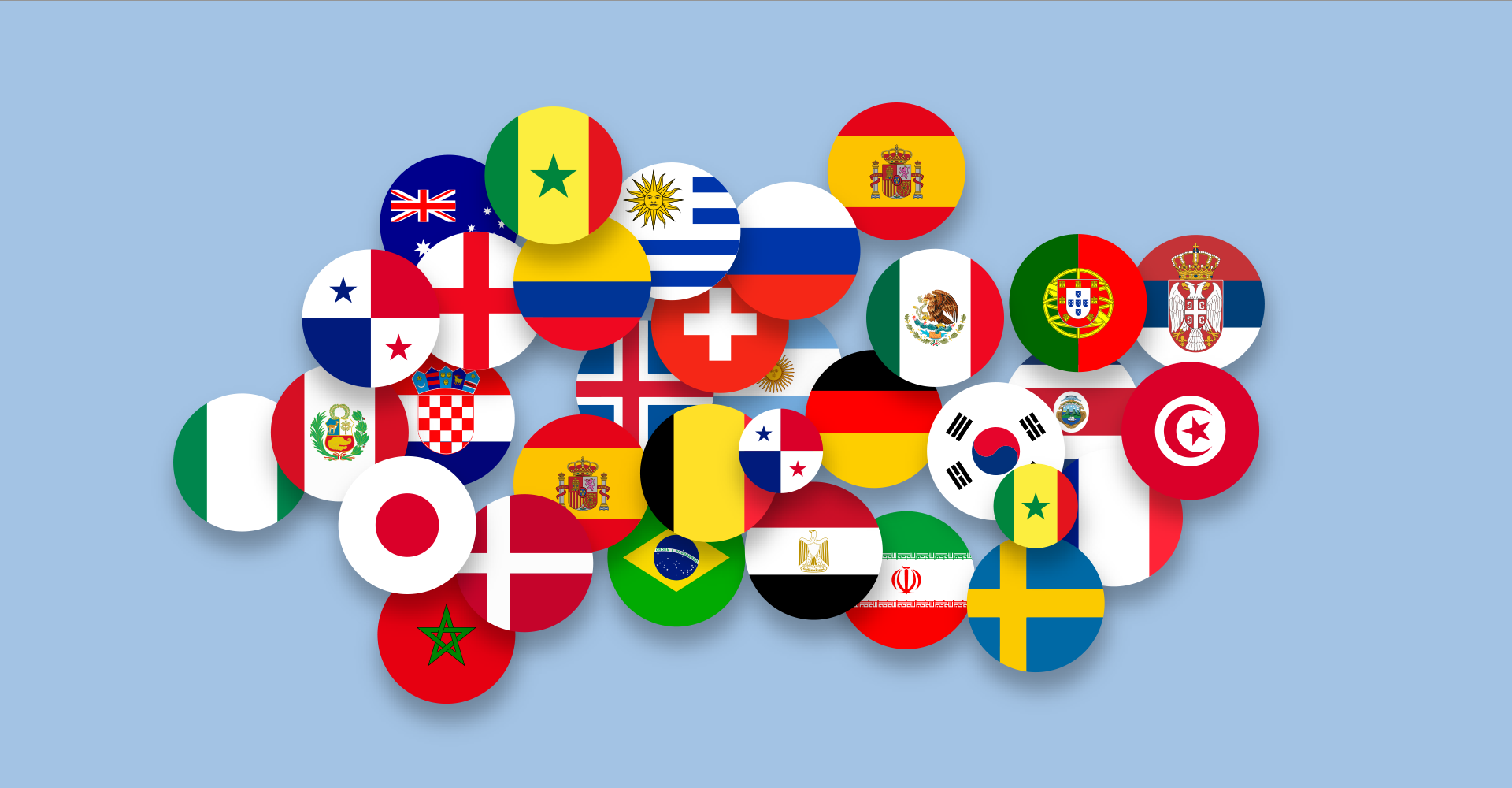Learning a new language is an exciting journey that can open doors to new cultures and opportunities. To accelerate your language proficiency, it’s essential to adopt effective learning strategies. In this blog post, we’ll explore proven techniques and methods that will empower you to become a confident and successful language learner.
1. Active Listening
- Listen Actively: Immerse yourself in the language by actively listening to native speakers through podcasts, audiobooks, and conversations.
- Transcribe and Repeat: Transcribe spoken language, repeat phrases, and mimic pronunciation to improve listening comprehension.
2. Spaced Repetition
- Use Flashcards: Create digital flashcards or use spaced repetition apps to review vocabulary and grammar at optimal intervals for retention.
- Regular Review: Schedule regular review sessions to reinforce your memory of previously learned material.
3. Language Immersion Techniques
- Total Language Immersion: Spend time in a country where the language is spoken to immerse yourself in the culture and language.
- Cultural Activities: Participate in cultural activities, such as cooking classes, local festivals, and theater, to practice language skills.
4. Language Learning Apps and Tools
- Mobile Apps: Use language learning apps like Duolingo, Memrise, or Babbel for interactive and gamified language practice.
- Online Resources: Explore online language courses, video tutorials, and language exchange platforms to supplement your learning.
5. Memory Retention Strategies
- Mnemonic Devices: Create mnemonic devices or associations to remember challenging vocabulary or grammar rules.
- Visualization: Visualize scenarios or stories that incorporate new vocabulary for better recall.
6. Set Clear Objectives
- Define Goals: Set specific language learning objectives, such as achieving conversational fluency or passing a language proficiency exam.
- Break Goals Down: Divide larger goals into smaller, achievable milestones to track your progress.
7. Language Practice
- Regular Conversation: Engage in conversations with native speakers or language partners to practice speaking and listening.
- Language Exchange: Join language exchange programs to practice speaking with someone who wants to learn your native language.
8. Use Authentic Materials
- Real-World Content: Read newspapers, books, and magazines in the target language to expose yourself to authentic language usage.
- Watch Films and TV Shows: Watch movies and TV shows in the language to improve comprehension and cultural understanding.
9. Cultural Awareness
- Learn Culture: Explore the culture, customs, and traditions associated with the language to gain context and cultural awareness.
- Respect Cultural Nuances: Understand cultural nuances in communication to build more meaningful connections.
10. Stay Consistent and Patient
- Daily Practice: Dedicate consistent time each day for language practice, even if it’s just a few minutes.
- Embrace Challenges: Understand that language learning can be challenging at times, but persistence is key to success.
Conclusion
Effective language learning strategies can make a significant difference in your journey to master a new language. By incorporating these techniques into your language learning routine, you can accelerate your proficiency, build confidence, and open up a world of opportunities for personal and professional growth. Embrace the joy of learning, stay patient, and celebrate your progress along the way.




